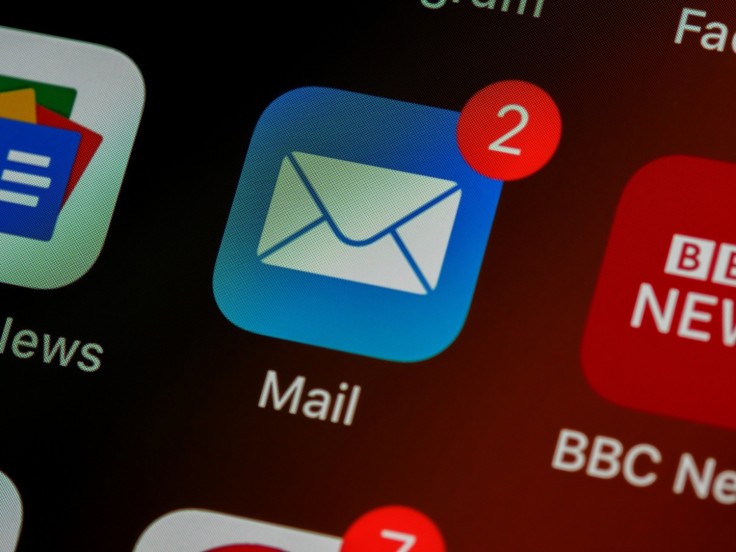A new wave of email scams is rising, this time targeting college and graduate students struggling to pay for their student loans.
Over the past month, several students have reportedly received emails from the supposed Student-Loan Debt Department as more people lose money, rather than the hoped debt relief promised by the department.

What is the Student-Loan Debt Department?
First noted by Verify in April, the scam often disguises itself as the Student-Loan Debt Department asking people to provide contact details after being "marked as eligible for forgiveness under the new 2024 guidelines."
The email would then ask the receiver to contact the alleged person to properly file their name into the system.
This is especially dangerous as many people could actually believe that the emails are real, especially after US President Joe Biden announced plans to help 30 million students out of their academic debts.
It is worth noting, however, that $30 million debt relief remains a proposal as it would still need to go through legislative approval before going into effect.
Student Loan Relief Package: What You Need to Know
A quick Google search would show that there is no Student-Loan Debt Department.
Rather than some made-up government agency, the US Department of Education and the Federal Student Aid often handle student debts, including any relief packages from the government.
Students would also need to consolidate their remaining loans before becoming eligible for the program, as noted by the Education Department.
All of the inquiries are directed to official Federal Student Aid pages rather than any individuals presenting themselves as representatives for the student loan relief program.
How to Spot Email Scams on Student Loans?
The first indicator to tell whether an email is genuine is to check the information about the sender.
Government websites and staff often use official emails to contact people for federal- and state-related business. These emails would usually come with an official seal related to the department or agency the official is affiliated with.
All of these are to make sure that no impersonator could steal their identity and deceive people. That said, the absence of a .gov mark alone on the sender's email address is already a big red flag about their authenticity.
Official agency-sent emails would also be more likely to refer people to their websites to provide personal information rather than through emails and calls.
What to Do After Receiving an Email Scam?
In the case that you have identified an email scam, quickly notify the Federal Trade Commission's Anti-Phishing Working Group via reportphishing@apwg.org or at the commission's consumer complaint page.
Once reported, the agencies can track down the scammers and possibly prevent more student borrowers from falling into the same scam.









